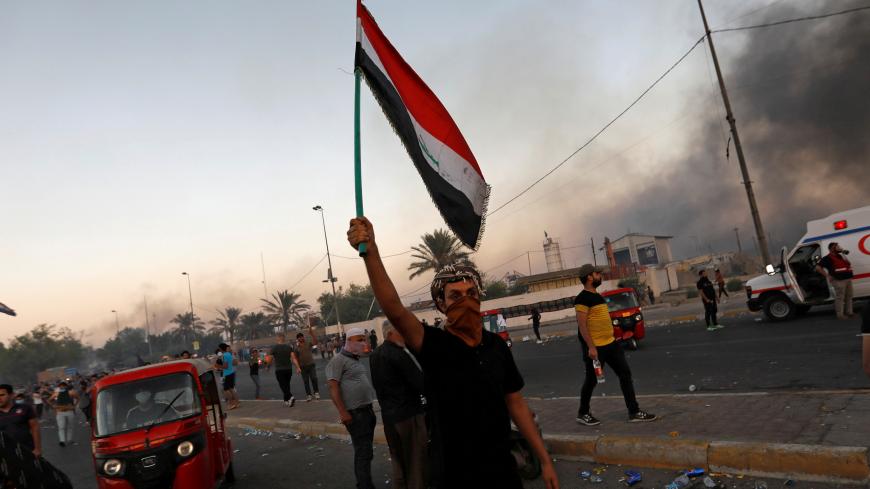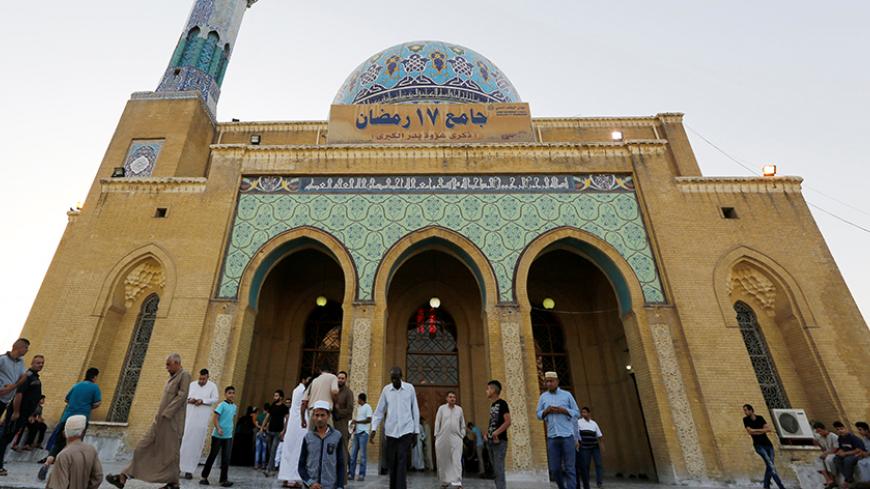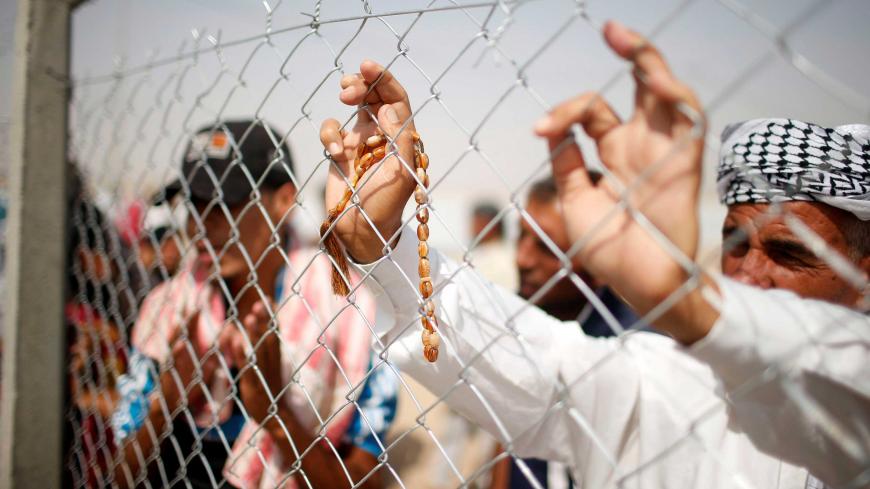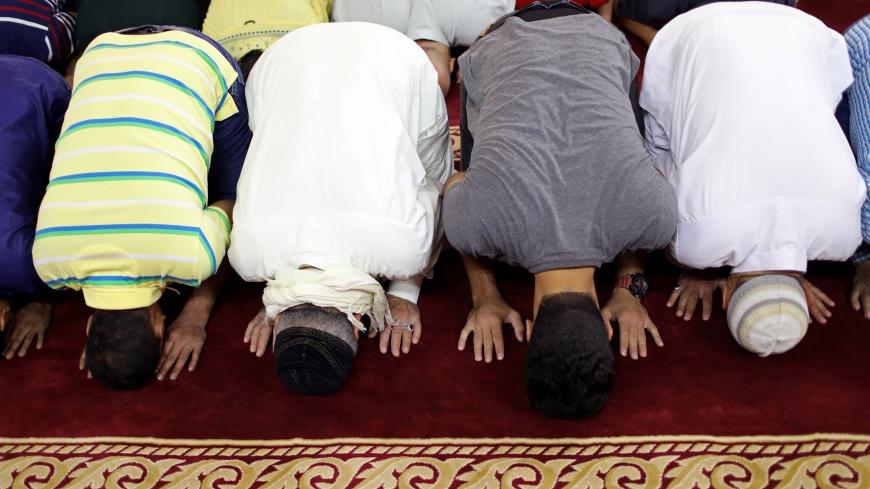Kurdish referendum inspires statehood for Iraq's Sunnis too
Last month's Kurdish independence referendum in Iraq has inspired some of the country's Sunni leaders to call for their own autonomous state in its Sunni areas.

BAGHDAD — Sunni forces in Iraq are working on advancing their project to establish an autonomous Sunni region. Sunnis see the Kurdish referendum as an opportunity to achieve self-autonomy in their provinces as well.
The spokesman for Arab tribes in Ninevah province, Mouzahem al-Huwait, talked about the call to form a Sunni region during a TV show on an Israeli channel Oct. 3. He said, “Arab Sunnis are facing killings and displacement, and the government has offered them nothing while they were displaced.”







